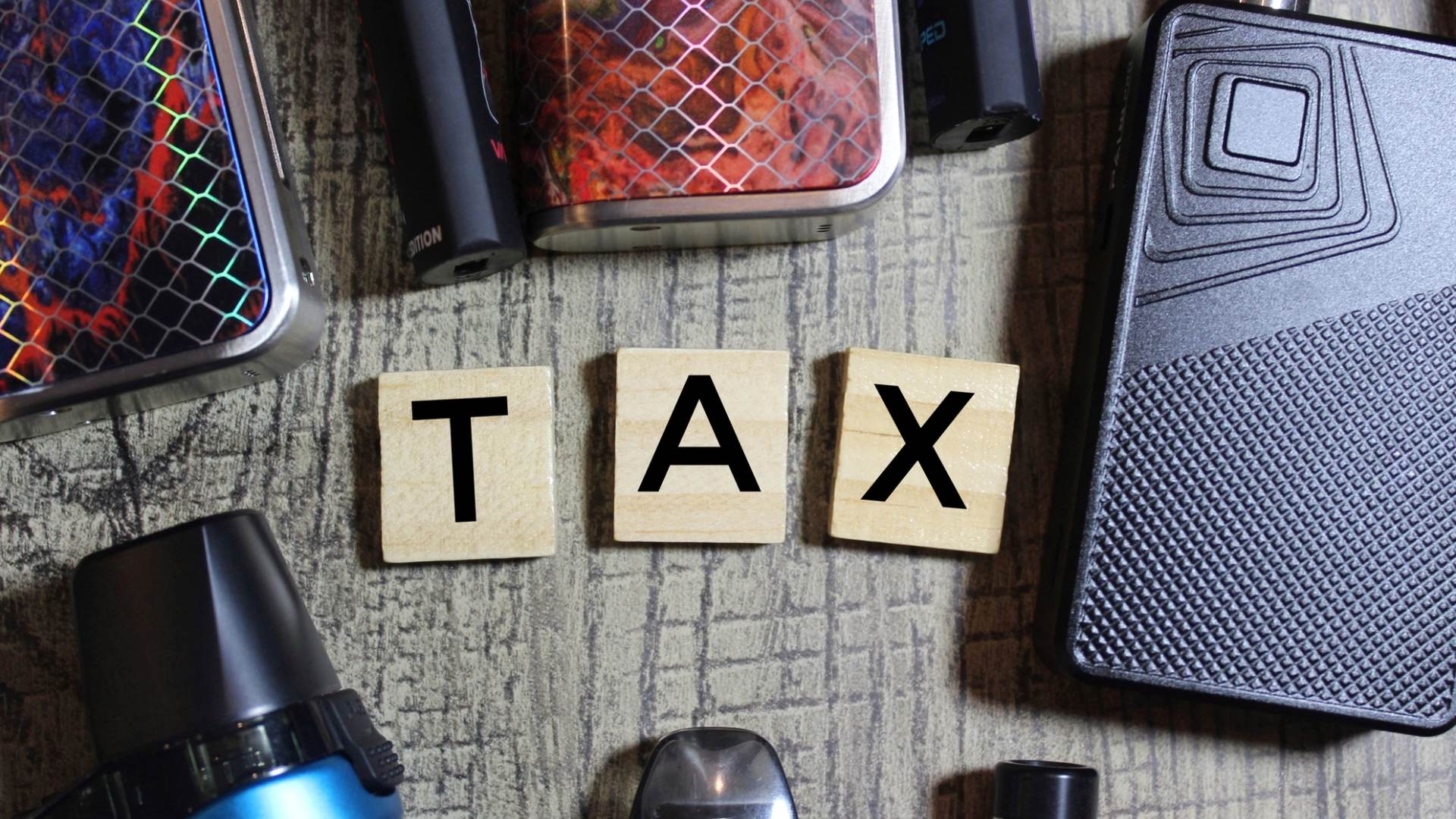The Proposed Federal Vape Tax in Canada: What You Need to Know

The Canadian government has proposed an expensive vape tax. If it is passed, it would take effect on October 1, 2022. As part of the Tax Measures for Budget, this proposal was released on Thursday, April 7th.
In addition to federal taxation, additional taxation may be imposed in individual provinces and territories.
Considering a vape tax has been on the Government of Canada’s mind since 2021. The government has cited the risks that vaping poses to society, particularly youth, as the reason for the suggestion of excise taxes on vaping.
The Latest Vape Tax
Staggered taxes on e-liquid will be based on the volume of each container. Any e-liquid, including fractions of a ml, starting with 10 ml would be taxed at $1.00 per 2 ml. From then on, the price is $1 per 10 ml, including fractions. A typical 30ml bottle of vape juice might cost more by around 30% because of this excise tax rate.
Vape pens, pods, and e-liquids containing nicotine will be subject to this tax rate.
The Effects of The Vape Tax
In the government’s official tax document, a formula for calculating the tax on a bottle of e-liquid was included. In the official document, the federal excise tax for a bottle of 30ml vaping liquid is $7.00, $5.00 for the first 10ml, and then $2.00 for the remaining 20ml.
Provinces and territories would also be able to place additional taxes on vapor products if they chose to participate in a federally administered tax regime. In turn, this could cause vape product prices to skyrocket.
Provincial tax rates would be equal to federal tax rates. With the combination of the federal tax and provincial tax, the price for a 30 ml bottle would increase by $14.00 and the price for a pack of four prefilled 1.0 ml pods would increase by $8.00.
What You Should Know About Vap Tax
Vape products containing cannabis are not subject to potential taxation since excise duty is already in place. Additionally, self-produced products such as these are also exempt from the tax, provided they are not intended for distribution.
Retailers holding stock may be given some leeway. Any untaxed products held in stock at the beginning of October will be eligible for duty-free sales until the beginning of 2023, if the tax is passed by Parliament.
The tax proposal also offers a traveller’s exemption as a slight concession. If you are traveling outside of Canada for more than 48 hours, you are allowed to import up to twelve nicotine-containing vape products, each not exceeding 10 ml, duty-free back into Canada. Only single-use products such as vape juice, pods, and pens are included. Hardware such as coils and mods will not be taxed.
Canadian vape laws already impose a tax on vape products. A number of restrictions have been established on vape products under Health Canada’s Tobacco and Vaping Products Act since the act’s implementation in 2018.
Vape Excise Tax Vs. Cigarette Tax
This tax follows a similar pattern to the connection between cigarettes and vaping, which has always played a major role in deciding whether or not to vape. Due to their nicotine content, both products are frequently placed under the same category, despite the clear differences between them, particularly with regard to health implications.
As a result of the proposed duty rates, a curious link has emerged since smoking and vaping will be taxed at the same rate, even though vaping is significantly less harmful. Canadian cigarettes are presently taxed at $0.095724 per cigarette or $1.9145 per carton. In contrast, under a combined federal and provincial tax on pods less than 2 ml, the duty rate would be $2.00, irrespective of nicotine content.
Comparing one 40 mg pod to one pack of cigarettes, one pod is typically equivalent to one pack of cigarettes. A single pod would therefore be more expensive than a pack of cigarettes.
By introducing vaping, tobacco harm reduction (THR) has made significant strides. Attempts by consumers to avoid the higher excise tax rates may increase cigarette sales in the final quarter of 2022.
Final Thoughts
There is an excise tax on vape products looming over the vaping landscape in Canada. As a result, price increases may be sparked for all nicotine-containing products such as e-liquid bottles, prefilled pods, disposable vape pens, and even nicotine base liquid if federal and provincial taxes are combined. Taxing vape products more than cigarettes would be a huge step backward for the tobacco harm reduction movement.
Should the tax be passed, it will take effect on October 1st, but its full impact is not expected to be felt until at least the beginning of 2023. Retailers will be exempt from the tax until the new year if they had stock at the time of implementation.


 Canada Wide Shipping
Canada Wide Shipping